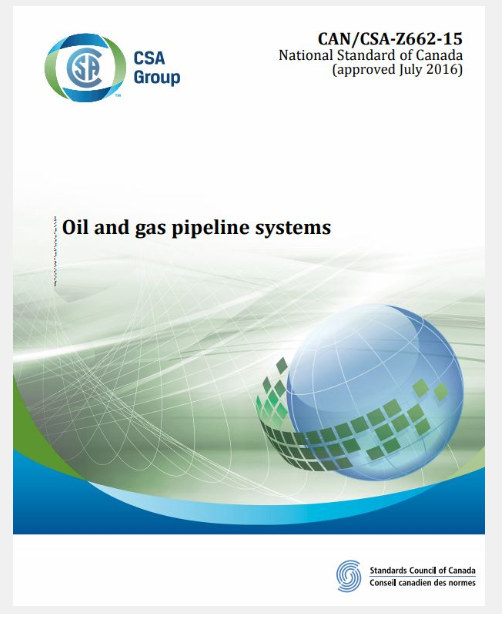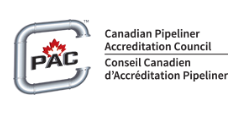Who's the boss?
We all want to know who's in charge when we go to work. You might even ask yourself , how did they get there?
What training do they have that I need if I want to someday earn a promotion from my current role. Or if you just want to understand what's deliverable, and what your boss is looking for.
The best thing you can do when it comes to any industry , is to understand it more, especially if you want to profit from it.
Working in high paying positions sometimes comes as a result of people failing upwards, but this risk is slightly mitigated depending on your industry.
When it comes to building pipelines, the minimum requirements should be the API 1169 Certification.
Lots of owners are asking for this now, and rightfully so.
So now lets detract for a minute. Would you ever consider getting a certification from another country that may not be recognized locally where you want to work? Probably not, and it would really seem like a waste of time.
This happens all the time, and I've seen it. Especially with the amount of people coming into to earn a living from other countries, often they are forced to upgrade, or write a TQ Exam (technically qualified)This is broadly speaking,
but the specifics of it apply to all of the following , but is most certainly not limited to.
1.Certified Trades Workers
2.Engineers
3.Inspectors
4.Project managers.
So lets look at the group. These positions cover an employment range from ground level positions all the way to the top.
Today I want to talk to you about the API 1169 Certification, and how it applies to industry in Canada and the United States.
The American Petroleum institute is a body that writes the 1169 document, it certifies inspectors, and issues a qualification based on examination of the subject matter in it. Which satisfies one of the 3 main criteria for employment in industry competency. Meaning sufficient Knowledge, Experience, and Training.
This is the Bar for knowledge requirement nowadays.
We wont discuss the other 2 in detail here today, but when having a high paying job in any industry, people need to be satisfied that you know what you are doing.
So lets talk about this certification , the API 1169 certification.
Up until recently , by defacto, or for lack of its own test administration program, Canada has adopted recognition of the API issued Certification to the 1169 standard.
Inspectors have to prove a working knowledge and pass an exam based on code compliance, regulations, jurisdictional acts, and standards, as they apply in the United States.
So if your in Canada, why would you write an exam that tests your working knowledge on subject matter from another Country. Well the answer is simple, there was no other route. Which explains why there has been a shortage of certified inspectors in Canada that carry this certification, and it is a minimum requirement! I know cases where people who have a lot of industry relevant experience have taken this certification exam and bombed it , because the subject matter was not aligned for the country they are currently, and are going to be working in. Meaning the Canadian CSA Z662-15, and the other Canadian requirements.
Enter, The Canadian Pipeliner Accreditation Council.
Also enter the frustration that comes with change, and something new.
Up until recently I had never heard of this, and If I hadn't heard of it, do you think that Human Resources personel, company directors, or employers have? I'm at the front whats new in the welding and inspection industry, this is my field and stuff like this goes right into my wheel house.
So whats the difference? The API1169 certification issued by the Canadian Pipeliner Association is the long overdue answer to what industry needs here in Canada. Its the equivalent. It's based on Canadian Codes, Acts Standards, and regulatory requirements, and people don't even know it exists!
Stick with me , I got you covered.
But here's where the frustration sets it, If you get this certification, like I did, you've met the bar. But It is possible that when you send your qualifications to that prospective employer, they will have never heard of it. This happened 3 times to me in 3 days. Then the emails start, and now you have to provide some relevancy to this "Unrecognized" Certification. The CPAC does a good job of this, because I'm sure it happens a lot.
So that's the cost of being ahead of the curve, either write an an examination for a country that doesn't apply to the one your working in, or write the one that makes more sense and leave people in hiring positions scratching their heads.
In my opinion, we have higher construction standards here in Canada, statistically proven by fewer pipeline failures. So I choose the latter because it just makes sense for me. After all, try showing your local drivers license to a cop when you get pulled over in another country on a holiday , and see how far you get!
If you want more information about this from, try the CPAC Z662 Blog.
Get the certificate that's right for where your working, and we'll see if the Headhunters do their homework.


